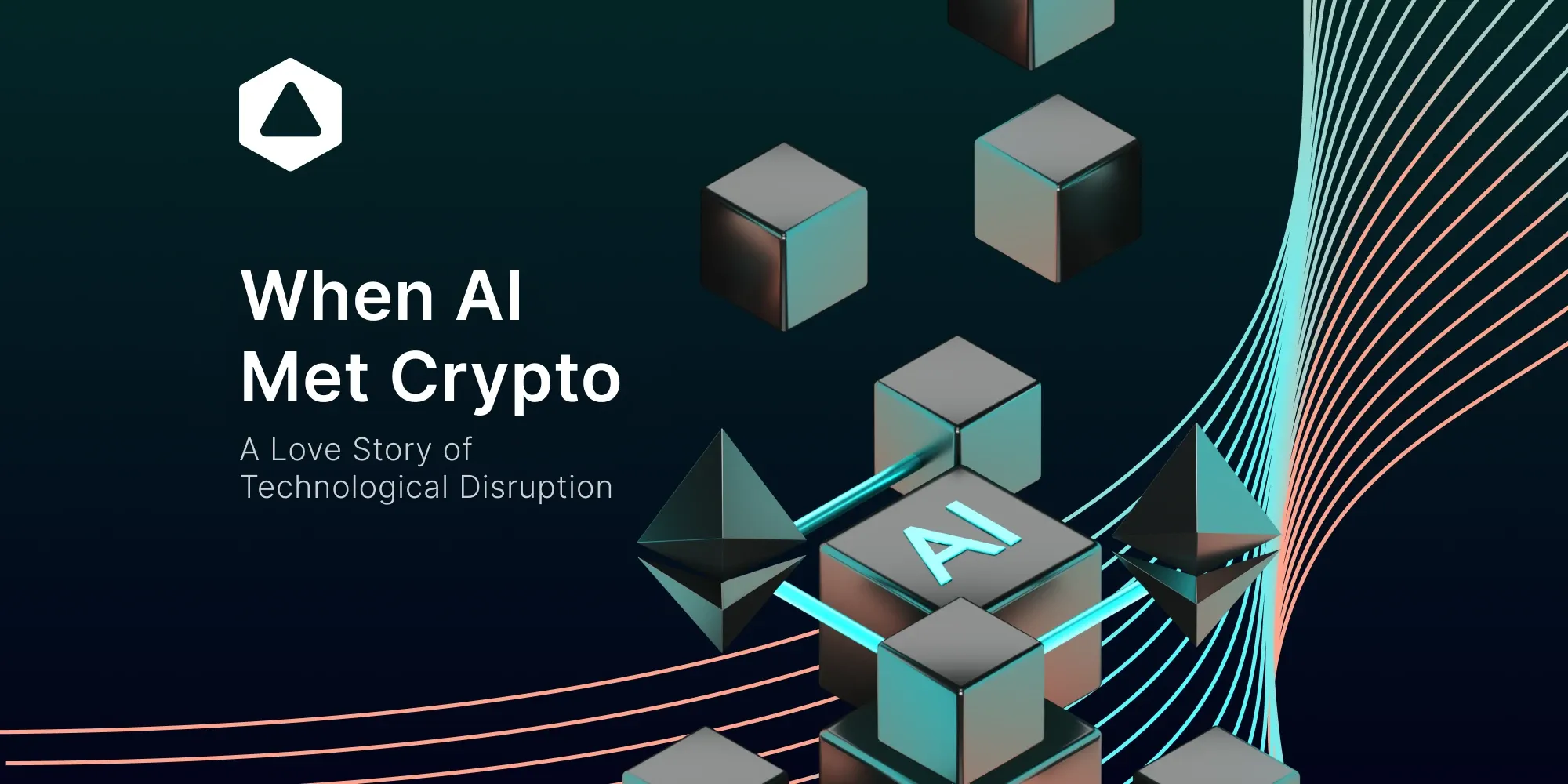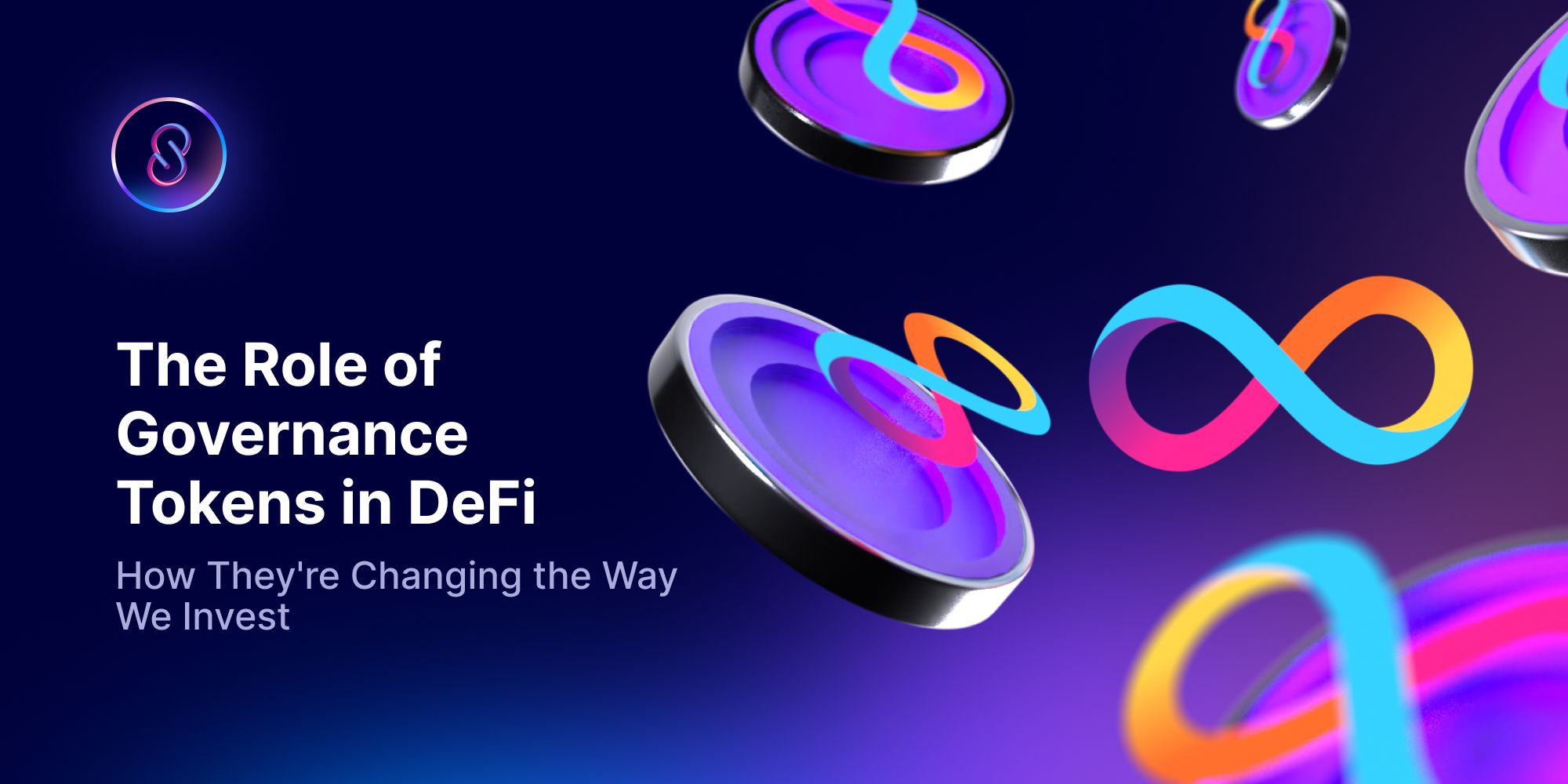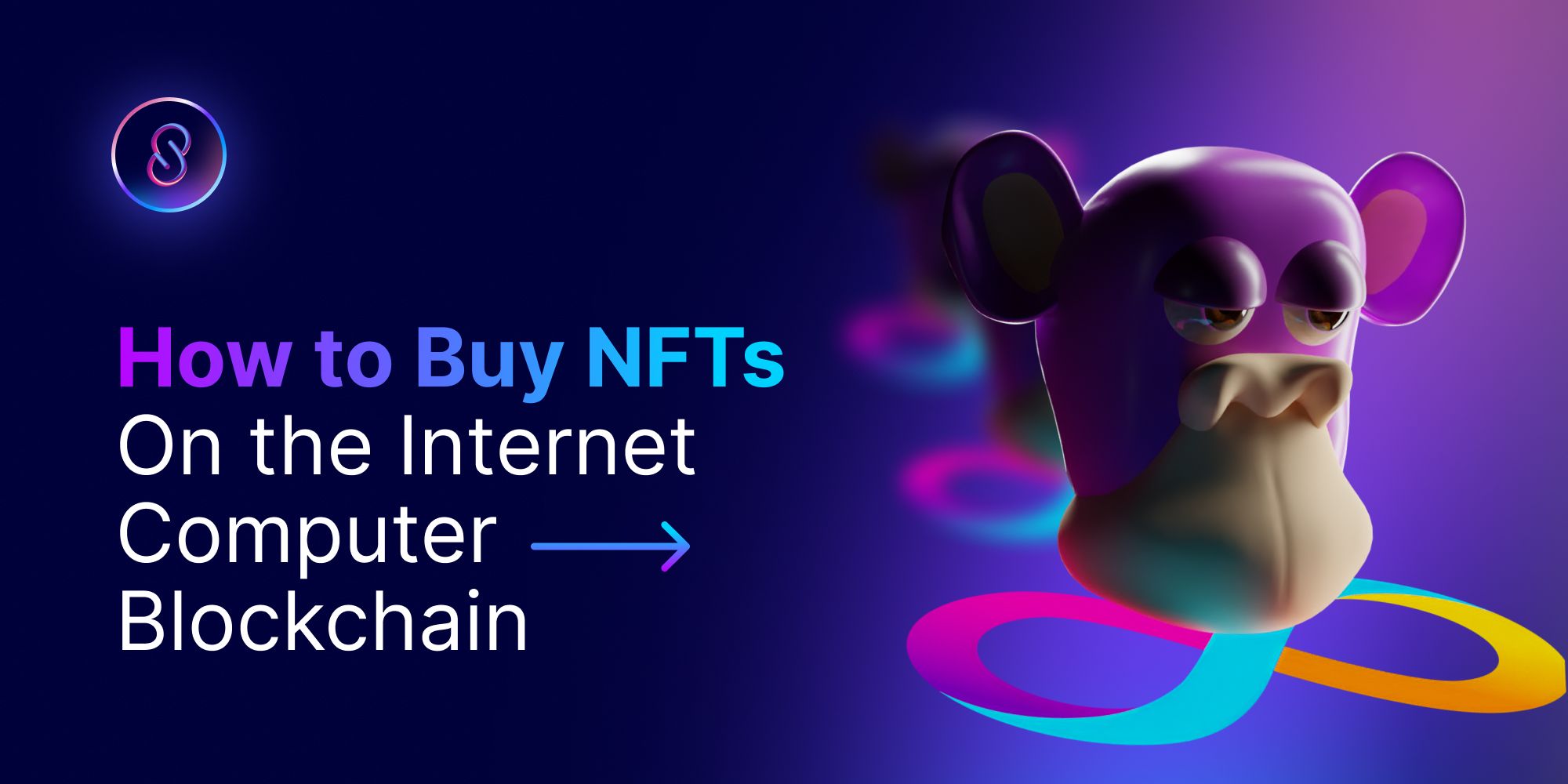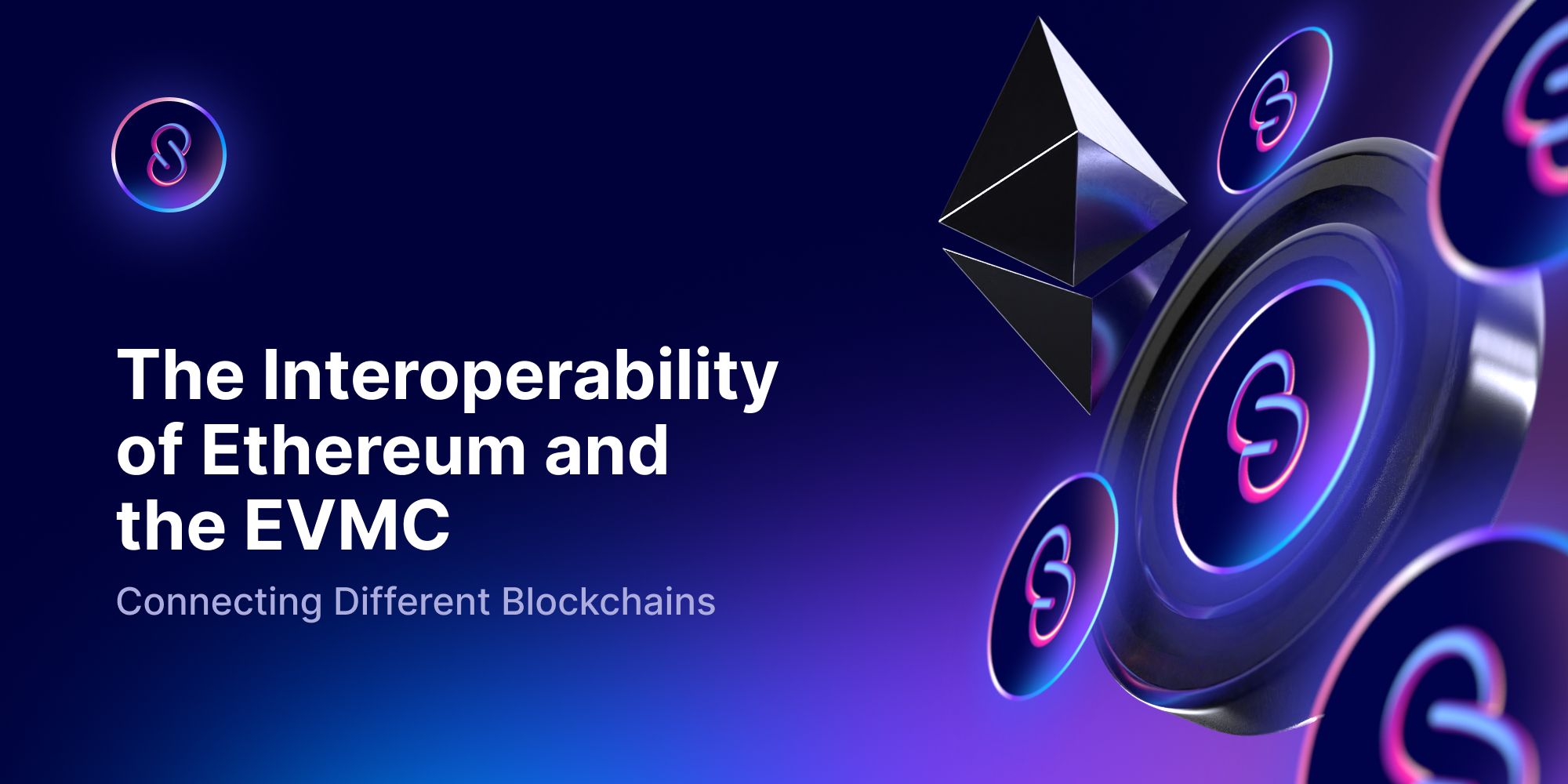The ABCs of DAOs: A Beginner's Guide to Decentralized Autonomous Organizations
Everything you need to know about decentralized autonomous organizations (DAOs), including what they are, how they work, governance models, challenges and the future of this emerging organizational structure.

In this article, we will delve into the fascinating world of a new organizational form called Decentralized Autonomous Organizations, commonly referred to as DAOs. In particular, we will explore how DAOs are being and can be successfully applied in our niche market, and see how they will integrate with existing systems and perhaps impact the real world once more.
What is a DAO?
A DAO, or Decentralized Autonomous Organization, is a catch-all term for a wide variety of projects and innovative solutions being developed. One of the defining features of DAOs is their ability to distribute funds and control processes.
By inverting the conventional organizational pyramid and shifting from a centralized point to a decentralized one, DAOs allow the collective intelligence and knowledge at the lowest levels to contribute to decision-making processes. This inversion is the ideology behind DAOs.

Moreover, DAOs are uniquely positioned due to their network-based structure, which allows building protocols and solutions on top of their own networks. The process is gamified and incentivized, making participation in a DAO eagerly interesting.
Is a DAO the Same as a Decentralized Organization?
To be fair, in crypto we currently have decentralized organizations, but sadly not truly autonomous DAOs. The difference lies in autonomous DAOs requiring less human decision-making, with the end goal being complete independence and the replacement of human decisions by smart contracts.
So remember that the majority of what we currently call DAOs are not truly autonomous. Autonomy is about being governed by internal rules and not being bound by external rules, such as those of a state or another organization. Perhaps the rise of AI could take this to the next level by enabling decisions to be made free from human errors?

What Unique Elements do DAOs Possess?
DAOs possess many elements each depending on the specific needs and goals of the organization. Everywhere we start seeing the same elements come back, all subdivided to enhance efficiency, sustainability, and user engagement:
- DAO Bank: This also can be a treasury or a fund managed for funding projects, rewarding contributors, etc.
- DAO Councils: These are groups of individuals who are entrusted with specific responsibilities or decision-making powers.
- Sub-DAOs: Smaller DAOs within a larger DAO, each with its own specific functions and goals.
People are eager to merge these elements with real life, and are doing so with significant ambitions, such as creating a city. The future will determine whether these dreams are reasonable or not.
DAO Governance
The organizational efforts of a DAO, which we call DAO governance, can be broken down into three key aspects: 1) decentralization, 2) 'autonomy', and 3) stakeholders.
As we said before, the autonomous aspect of a DAO is not yet fully applicable, and the idea of DAO governance is uniquely situated at the crossroads of people and the decentralized underlying technology - blockchain.
It's a system that combines people, process, data, and technology, wherein DAO stakeholders interact to make collective decisions. Done by voting. Let’s take a look at how this decentralized voting comes about.

On-chain Vs. Off-chain Voting
One of the most integral parts of DAO governance is the way stakeholders can vote on decision-making. Although many stakeholders or VCs behind most famous self-proclaimed DAOs don’t give a flying shit, this doesn't mean each DAO is the same.

Some take their voting seriously and will offer the choice between on-chain and off-chain, depending on the specific needs and preferences of the DAOs and their communities.
What is On-chain Voting?
The first way to add to the governance of a DAO is through on-chain voting, a method used where the voting process is conducted on the blockchain.
This voting method can upgrade or deploy a contract or set of smart contracts and could be used for various purposes like adding a new asset to a lending market, changing the duration of a vote, or spending money from the DAO treasury.
What is Off-chain Voting?
In contrast, off-chain voting does not involve direct interaction with the blockchain but instead utilizes other tools such as the InterPlanetary File System (IPFS) and other gasless types of signing for polling.
While the term 'off-chain' may sound like it is completely detached from the blockchain, this is not necessarily the case. For instance, to mention Snapshot, a popular tool for off-chain voting, still utilizes blockchain technology in some form. More information can be found here.
Soft Consensus Vs. Hard Consensus
Just as there are two types of voting, we recognize two forms of reaching consensus.
On one hand, 'soft consensus' in DAOs involves fostering dialogue and understanding the broader sentiment across the DAO community, though it is not necessarily binding. This process can involve requests for comments on a forum or temperature checks through non-binding snapshot votes.
On the other hand, 'hard consensus' involves moving to a binding vote to settle matters on-chain and for all. Therefore, it is important to create frameworks where the general soft consensus can help inform decision-making before changing aspects the DAO and community may be accustomed to.
DAO Community
The power of a DAO, just like any crypto project, always lies in its community. Building a DAO community starts from zero as it involves onboarding members who are actively building projects and available to introduce the next startups to the space.
In a permissionless mindset, reputation plays a major role as it's not about who you are (your gender, nationality, etc.) but about your contributions, knowledge, and ideas.
The Role of NFTs
Non-Fungible Tokens - NFTs can serve as incentive mechanisms in DAOs, as they can be used to award badges to contributors, creating a system of recognition and a way to encourage further contribution. Think of it as a digital CV, where contributors can show off their achievements and can earn more and more - and in this way, the process becomes gamified.

Gamification
Gamification is a powerful tool utilized in crypto overall, with the goal of building stronger incentive structures within DAOs. When members complete tasks or contribute positively to the community, they earn points, level up, and evolve their NFTs. This is pure gamification - a gamified approach that has helped build and scale many DAOs by creating a competitive advantage over traditional agencies or corporations.
Attracting Skill
The beauty of a DAO is its ability to attract highly skilled individuals who might not otherwise join the organization. These could be individuals who already 'made it' but prefer to contribute to organizations out of ideological reasoning.
This setup is advantageous because community members are not giving up anything by joining the DAO, and the quality of people within the DAO community tends to be high with a broad diversity of skills.
Interoperability
The interoperability between various projects being built in the DAO space is a crucial topic. Interoperability is an approach hallmarked by DeFi as it encourages adoption of each other's tools, thereby propelling the entire ecosystem forward instead of a single players.

Key Challenges Faced by DAOs
The primary challenge DAOs are facing, is maintaining the original vision while operating in a decentralized manner. Founders are often concerned about how to ensure their vision remains intact once control is given away. This proves particularly challenging in DAOs, where there are many stakeholders, each with their own agendas and interpretations.

Another major challenge is the lack of standardized frameworks for contributors. There is a distinct lack of documentation around DAOs. This makes it difficult for newcomers to understand the concept and work within such an organization.
Lastly, DAOs are currently seen as a trendy element within the crypto community, with many projects striving to achieve a DAO status, even when it might not be necessary or beneficial. The motive behind this could be a range of factors - from the desire to raise funds, to simply wanting to be part of the current buzz.
The DAO Future
The future of DAOs is largely uncertain, with many viewing DAOs as an ongoing experiment, the potential is vast but the exact direction is still unknown.
Transparency and education will be key to onboarding users into DAOs, and the need for standardization and clear guidelines is crucial. The next few years are expected to be big for governance, with several innovations around governance being developed.
The future of DAOs lies in informed consensus, shaped by reputation systems, digital identity systems, and new ways of shaping power within an organization.
A canvas for digital organization, facilitating collaboration and organization on literally anything, opening up limitless possibilities.
Potential Transformations Brought by DAOs
DAOs are expected to bring about a variety of societal transformations;
- Hyper Casual Work: Where people can engage in micro tasks across several DAOs, earning from these "side gigs."
- Sovereignty: A level of sovereignty not typically seen in traditional organizations is enabled. They are likely to be particularly attractive to digital nomads who value sovereignty.
- Institutional Influence: DAOs can grow into extra institutional institutions, entities that are so large and influential that they become part of society.
- Hyperscale: DAOs have the potential to scale at an unprecedented rate, different from conventional organizations.
- Synthesis: DAOs are the end game of crypto, bridging the gap between the real world and the digital realm.
Conclusion
A Decentralized Autonomous Organization (DAO) is a new form of socio-technical system that leverages the power of blockchain technology to enable groups to organize and fund themselves efficiently across the globe.
However, much work remains to be done in terms of standardizing frameworks, improving transparency, and increasing efficient voting mechanisms. It will be exciting to see how these decentralized 'autonomous' organizations evolve in the coming years and the impact they will have both online and offline.

Connect with Bitfinity Network
Bitfinity Wallet | Bitfinity Network | Twitter | Telegram | Discord | Github

*Important Disclaimer: While every effort is made on this website to provide accurate information, any opinions expressed or information disseminated do not necessarily reflect the views of Bitfinity itself. The information provided here is for general informational purposes only and should not be considered as financial advice.





Comments ()